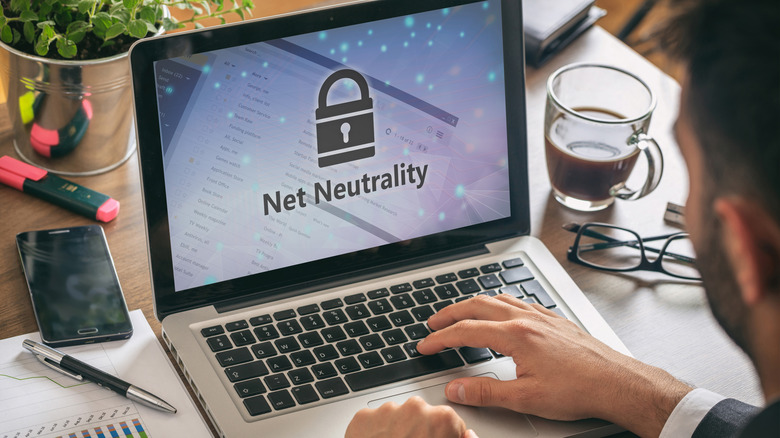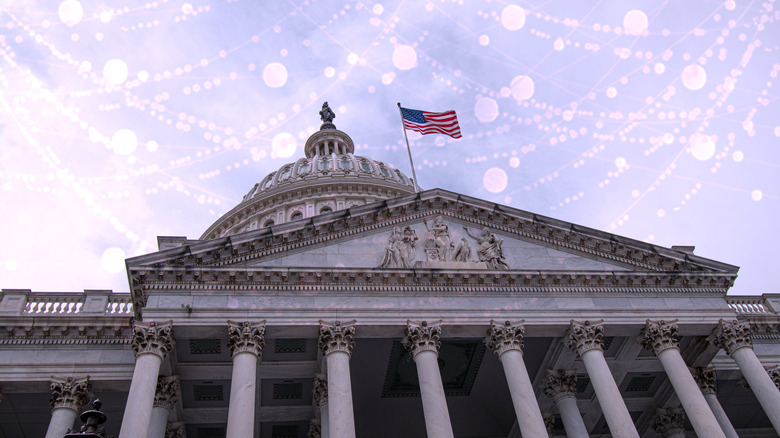FCC Restores Net Neutrality: Here's What It Means For You
On April 25, 2024, the Federal Trade Commission (FTC) voted to restore Obama-era net neutrality rules in a 3-2 vote along partisan lines. This comes seven years after the Federal Communications Commission (FCC) repealed the same net neutrality rules in 2017. There were hints of the FCC planning to restore net neutrality back in 2023 when FCC Chairperson Jessica Rosenworcel proposed, " ... we have a window to update our policies to make sure that the internet is not only open, but fast and fair, safe and secure."
Net neutrality rules prevent internet service providers (ISPs) from charging more for higher internet speeds, or favoring one website over another. It ensures that ISPs treat all internet traffic equally, meaning Comcast and AT&T can't make one streaming service load or buffer faster than another because one paid them for such. Additionally, ISPs can't block legal websites from consumers.
Consumers won't see immediate changes, but there will be some. Chris Lewis, president and chief executive officer at Public Knowledge, talked to USA Today about fees that ISPs passed off to consumers, saying, "With net neutrality, that fee is prohibited. The savings are indirect, but they're real." Furthermore, the reinstated rules won't go into effect until 60 days after they're published in the Federal Register.
This vote is still in danger of being overturned
As with most things in the government, the fight for net neutrality isn't over just yet. The original rules were overturned by a Republican-led FCC, and with the upcoming presidential election, a new Trump administration would likely attempt to repeal the rules just as they did in 2017. There are still those in the government, as evidenced by the narrow vote, strongly against net neutrality.
Telecommunication giants like AT&T fought against net neutrality in court in 2016, and they're likely to do the same again. Representatives from several ISPs have remained steadfast in their stance against net neutrality, with members of the USTelecom organization saying it's, "...entirely counterproductive, unnecessary, and an anti-consumer regulatory distraction."
However, net neutrality being killed in 2017 didn't increase broadband investment, as some argued. In fact, it put public safety in danger. Verizon found itself in court in 2018 when California firefighters struggled to coordinate efforts against the Mendocino wildfire. The Santa Clara County Fire Department had an unlimited data plan through Verizon, but their service was throttled when they went over 25GB of data. At the time, Verizon argued that it wasn't a net neutrality concern, but a customer service mistake. Net neutrality's restoration would presumably serve to prevent issues like this in the future.

